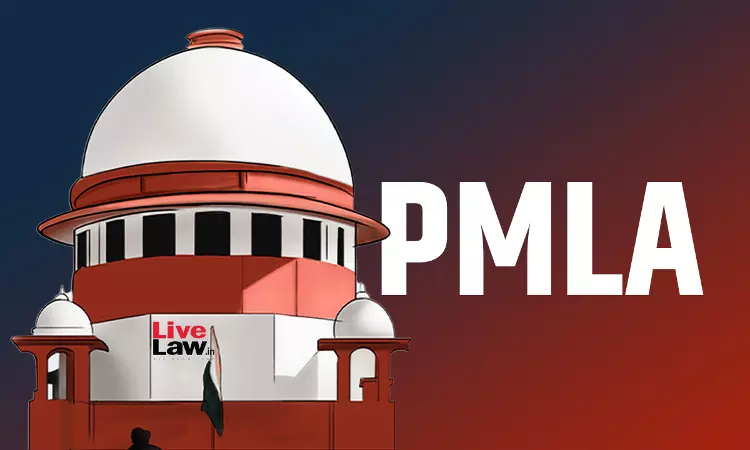If ED Chooses To Oppose Bail, Then It Must Show Foundational Facts Of Money Laundering Are Prima Facie Established : Supreme Court
Gyanvi Khanna
28 Aug 2024 7:52 PM IST

The presumption under S.24 of the PMLA will arise only if the foundational facts are established, the Court said.
Next Story


